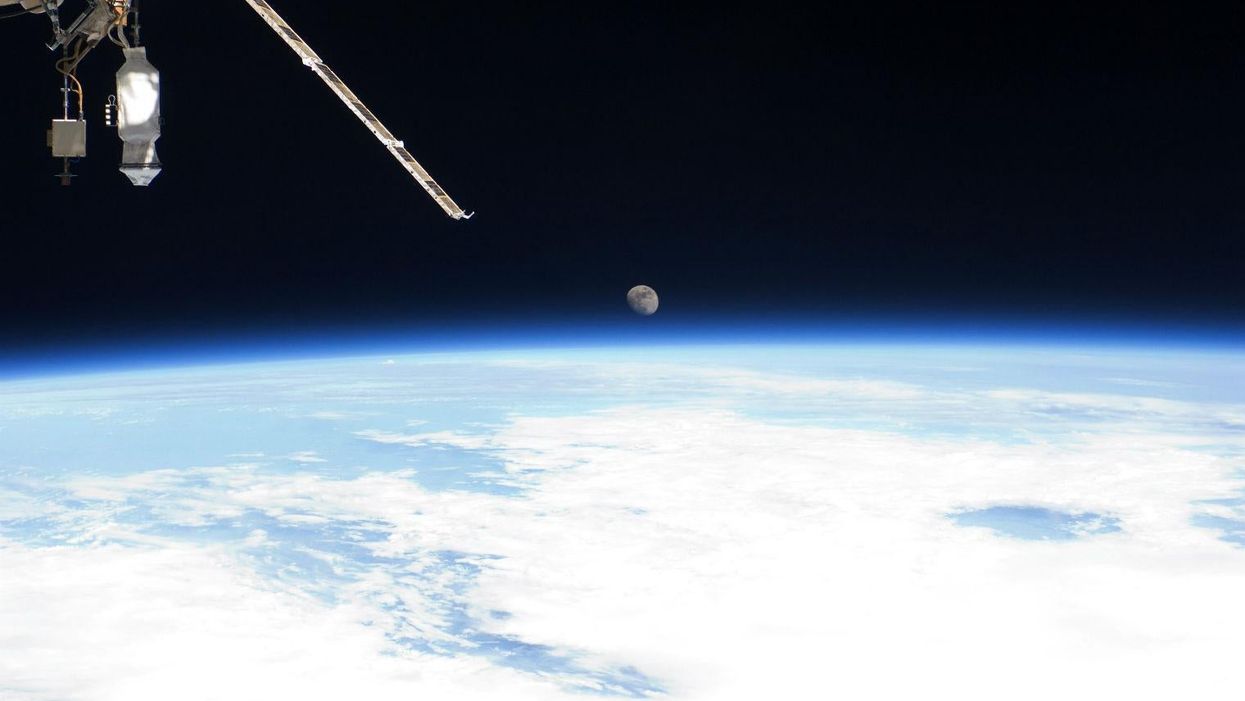Science & Tech
Matthew Champion
Sep 01, 2014

Moscow, we have a problem.
In July, Russian scientists admitted there was a satellite full of geckos having sex hurtling around the Earth at 17,000mph.
Foton-M4 was launched with the aim of observing the mating activities of certain species in zero-gravity conditions, but the excellently-named Russian Institute of Biomedical Problems lost control of the satellite.
However, communication with the satellite was successfully restored and after a six-week mission the biological capsule containing five geckos (four females and one male), fruit flies and silkworm eggs returned to Earth - landing in the Orenburg region of Russia.
Cue fevered celebrations, with Russia's deputy prime minister Dmitry Rogozin reflecting the mood of the nation by tweeting:
But within hours it had all changed, and suddenly everything had turned to ash.
Roscosmos (Russia's Federal Space Agency) confirmed in a statement (first issued in Russian) that the geckos had died, with unspecified experts set to determine how and why. It is thought they died upon impact, but it's not clear what led to initial reports they had all survived.
Five geckos may have travelled into space, but scientists said they had expected more geckos to emerge from the satellite.
At least they died doing what they loved.
Top 100
The Conversation (0)













